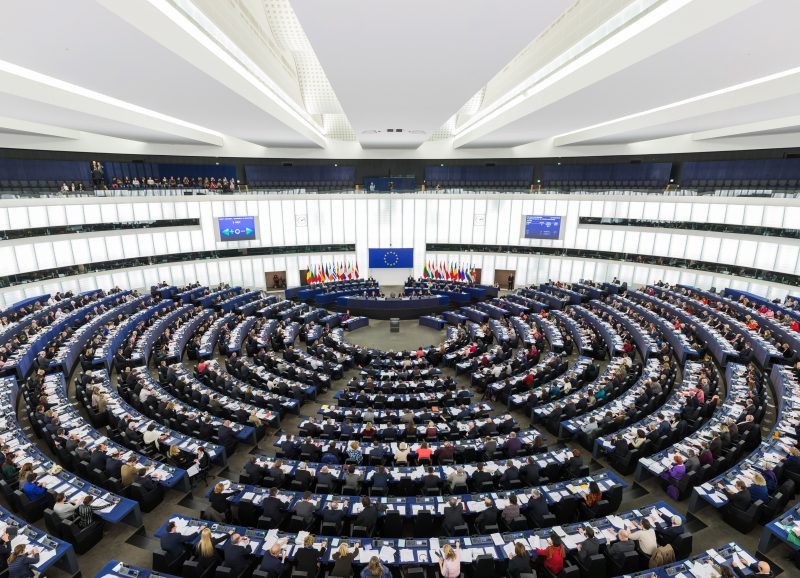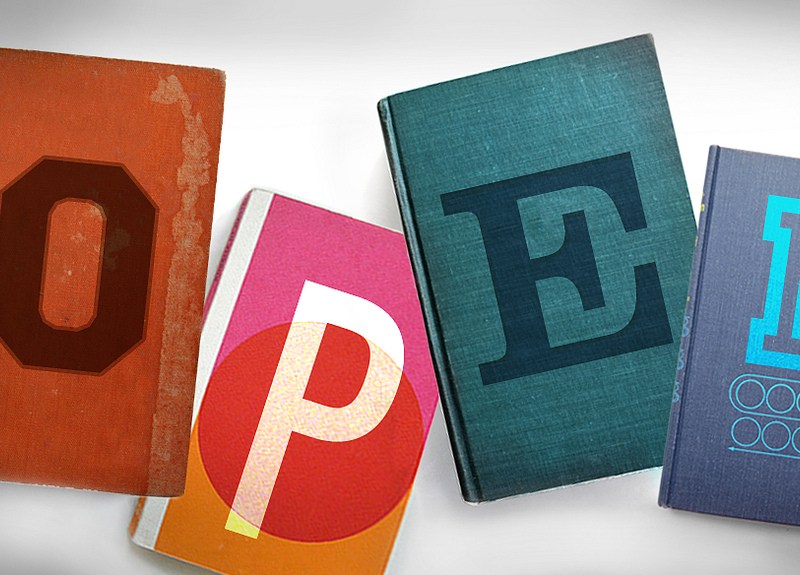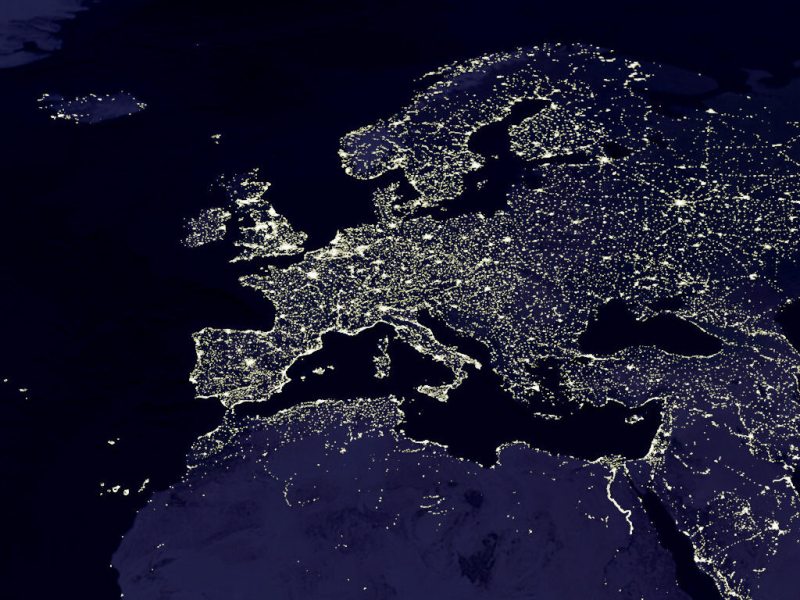
Four Wikipedias to ‘black out’ over EU Copyright Directive
Update, 25 March: The Italian, Galician, Asturian, and Catalan Wikipedias have blacked themselves out today to protest the EU Copyright Directive. Other language versions of Wikipedia have chosen to show site banners above their content. Wikipedia’s volunteer editing communities make decisions like this independently. More on that, and our unaltered original post, is below. •….

We do not support the EU Copyright Directive in its current form. Here’s why you shouldn’t either.
After a long legislative process, the final text of the EU Copyright Directive was cemented last week as trilogue negotiations between the EU Commision, Parliament, and Council came to a close. Now that the final text has been made available, with only a yes-no vote in Parliament standing in the way of its implementation, Wikimedia….

Problems remain with the EU’s copyright reform
It was almost exactly five years ago that a reform of EU copyright was included in the European Commission’s list of priorities. The setting of that priority was followed by several public consultations, countless public events, and many face-to-face meetings. In 2016, the Commission made a proposal for what this reform would look like. Since….

Our favorite weird and the wonderful images from the grand re-opening of the public domain
It’s been just over three weeks since the public domain started growing again in the United States, and works from 1923 became available for anyone to freely share, remix, and enjoy.[1] Since January, hundreds of files from 1923 have been uploaded onto Wikimedia Commons, including books, images, movies, and music. It would be impossible to showcase….

Here’s why we’re celebrating the public domain in 2019
As 2018 turned to 2019, people around the world celebrated the start of a brand new year with parties, family, and friends. The transition into 2019 also marked a new era for access to knowledge and culture in the United States, as new works finally entered the public domain through copyright expiration for the first….

The European Court of Human Rights affirmed that hyperlinking is protected free expression. Here’s why we’re applauding.
Two years ago, we wrote about Magyar Jeti Zrt v. Hungary, a case before the European Court of Human Rights (ECHR) which dealt with legal liability for hyperlinking—a practice on which the open internet relies and which many internet users engage in a on a daily basis. Last week, the ECHR affirmed an important principle:….

Eileen Hershenov departs from General Counsel position at the Wikimedia Foundation
It is with deep regret that I share that Eileen Hershenov, General Counsel and Board Secretary, will be departing from her position at the Wikimedia Foundation. On behalf of the executive team, Foundation Board, and myself, I want to thank Eileen for her critical contributions to advance our legal, public policy, and advocacy work during….

We’re endorsing a proposed copyright treaty that adds educational and research exceptions. Here’s why.
This may come as a surprise, but copyrighted works often cannot be used in educational and research materials. For example: students in France, Italy, Luxembourg and Romania cannot legally quote an entire artwork in a digital presentation. In Denmark, Finland, Italy, the Netherlands and the United Kingdom a teacher may not send an email to….

Wikimedia Foundation joins the Global Network Initiative
The Wikimedia Foundation is honored to join the Global Network Initiative (GNI) as an observer, an opportunity we hope will advance our efforts to champion freedom of expression and privacy for the Wikimedia community and beyond. GNI is a channel for collective action, advocating to governments and international institutions for policies and laws which promote….

EU copyright vote leaves the future of online participation uncertain
The European Parliament’s September 12 vote on the proposed Copyright Directive was a missed opportunity to improve copyright, after many years of discussion: Two years ago, the European Commission set out to modernize copyright laws across the EU with a flawed proposal with potential to improve. This proposal was referred to several committees in the….